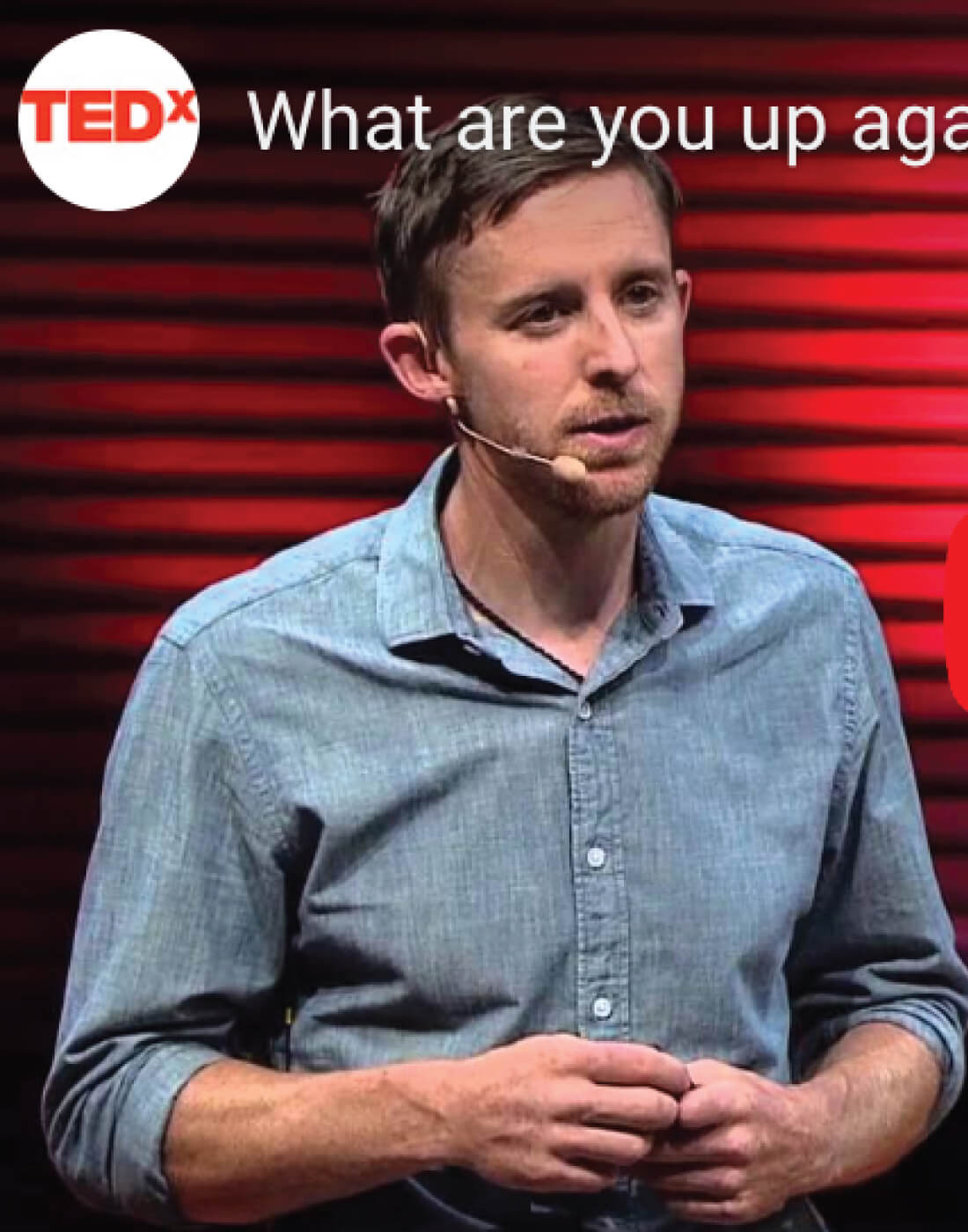Prior to this 2015 study on the effects of climbing, there has been ‘hardly any research on the effects of a bouldering group intervention on people with depression”.
Researchers Katharina Luttenberger, Eva-Maria Stelzer, Stefan Forst, Matthias Schopper, Johannes Kornhuber and Stephanie Book set up a waitlist controlled randomized group pilot study that consisted of 8 bouldering sessions for eight consecutive weeks, each session spanning for three hours.
It’s been known that physical activity has always had a direct impact on mood, but this study finds that “exercises that require coordination seem to have specific effects on cognitive abilities, such as concentration”.
Bouldering, for anyone who’s tried it, certainly requires focus, coordination, and concentration. And it might be an alternative treatment for depression.
Traditional aerobic exercise, like running or aerobics, skimps on the mental aspects. Bouldering is a much more accessible sport for those with poor physical health and low levels of fitness, and allows for people of varying skill and fitness levels to engage in an activity at the same time.
“As in all group therapy, there is a great influence of social contact with other participants – this is especially encouraged in bouldering therapy as participants are trained to support each other, to work together on bouldering problems, and to provide feedback and applause. social interaction might therefore be a strong therapeutic component of the bouldering therapy.
Even better, “bouldering enhances feelings of self-efficacy as the mastering of ‘bouldering problems'” – and these effects can be seen and felt directly and within a short amount of time.
We’ve had the privilege to share stories about how climbing can help with PTSD, drug addiction recovery, and generally change lives for the better. We’ve heard anecdotal stories, but it’s encouraging to see new research on how bouldering can serve as an alternate treatment for depression.
And, there’s always Nature Rx:
Want to share your story on how bouldering changed you? Email us!




